In a significant diplomatic development, President-elect Donald Trump has offered Representative Elise Stefanik (R-NY) the position of UN Ambassador, a move that could reshape the global Drone Industry. The appointment of this outspoken critic of Chinese technology firms signals potential changes for market leader DJI and the broader drone manufacturing landscape.
Beyond Domestic Politics
At 40, Stefanik brings her strong track record of Chinese drone opposition to the international stage. Her successful sponsorship of the Countering CCP Drones Act in Congress demonstrates her commitment to restricting Chinese-made drones. However, the UN Ambassador role would elevate her influence from domestic legislation to global policy-making, potentially affecting drone manufacturers worldwide.
Diplomatic Complexities
The transition from congressional representative to UN Ambassador would fundamentally change how Stefanik approaches drone policy. While her current focus centers on U.S. legislation, benefitting US-based drone makers such as Skydio, the diplomatic role would require navigating complex international relationships. She would need to balance her strong stance against Chinese drones with the varied interests of UN member states, many of whom rely heavily on affordable Chinese Drone Technology.
Market Implications
For DJI and other Chinese manufacturers, Stefanik’s appointment could accelerate existing challenges in the Western market. The company might need to substantially revise its global strategy, potentially including increased security transparency, diversified manufacturing locations, and market-specific product lines to address varying regional requirements.
Regional Responses
The global impact of Stefanik’s potential appointment would likely vary by region. European allies might align with stricter oversight of Chinese drone technology, while maintaining their own regulatory frameworks. Asian markets could show mixed responses, balancing security concerns with economic ties to China. Developing nations might resist restrictions due to their reliance on affordable Chinese drone solutions.
Industry Evolution
This diplomatic shift could catalyze significant changes in drone manufacturing. American and allied nations’ drone producers might see enhanced opportunities for market expansion. The Blue sUAS program could gain international recognition as a model for secure drone development, while new partnerships between non-Chinese manufacturers might emerge to compete with DJI’s market dominance.
DroneXL’s Take
Stefanik’s potential appointment marks a crucial moment in the ongoing evolution of the drone industry. While her past legislative efforts focused on domestic security, her influence as UN Ambassador could fundamentally reshape global drone manufacturing and trade. This transition from national to international policy-making might accelerate the development of regional drone ecosystems and alternative supply chains. However, the practical implementation of any global initiatives would require careful diplomatic navigation and consideration of diverse international interests.
The coming months could prove pivotal for DJI and other Chinese manufacturers as they adapt to this changing landscape. Their response to increased international scrutiny and potential new regulations could set precedents for how global technology companies navigate geopolitical tensions in the future.
How do you think Stefanik’s diplomatic role might influence the drone industry? Share your thoughts in the comments below.
Discover more from DroneXL.co
Subscribe to get the latest posts sent to your email.
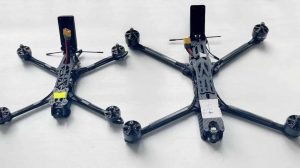
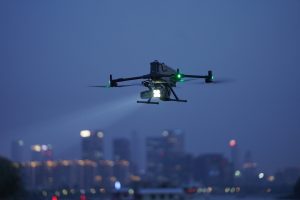

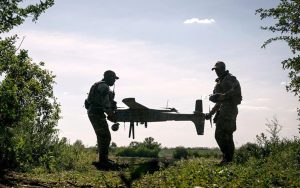

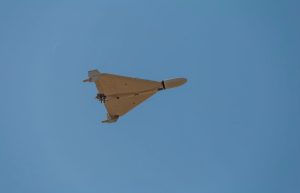

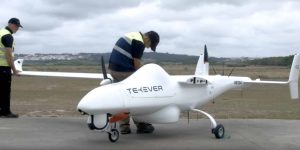
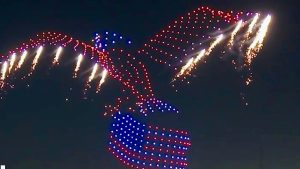

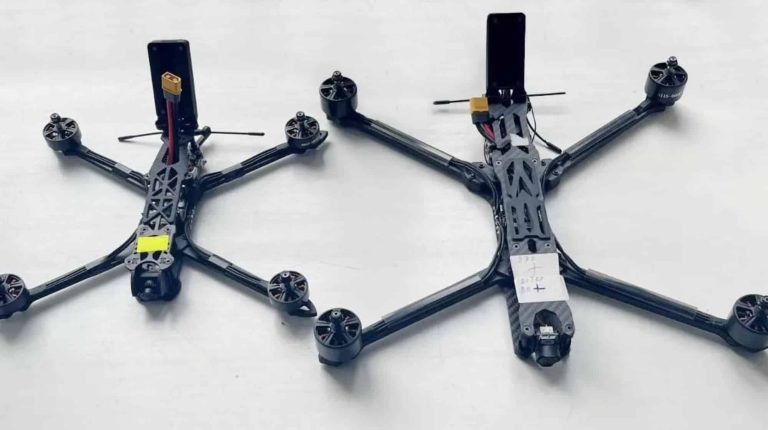
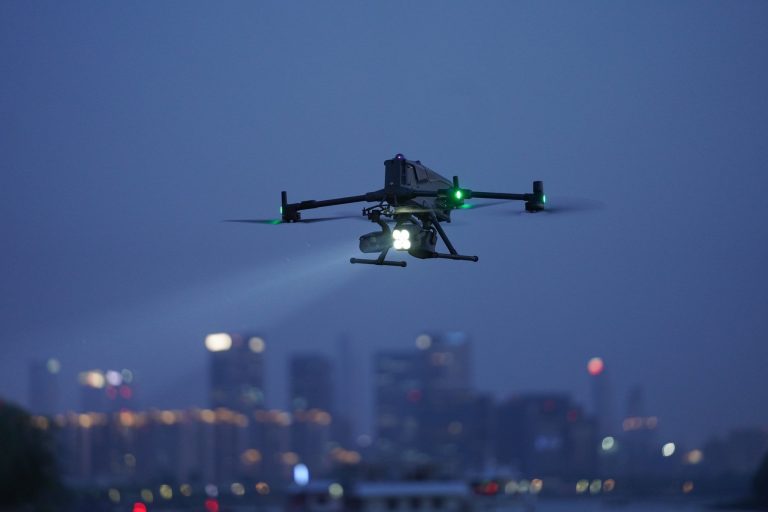
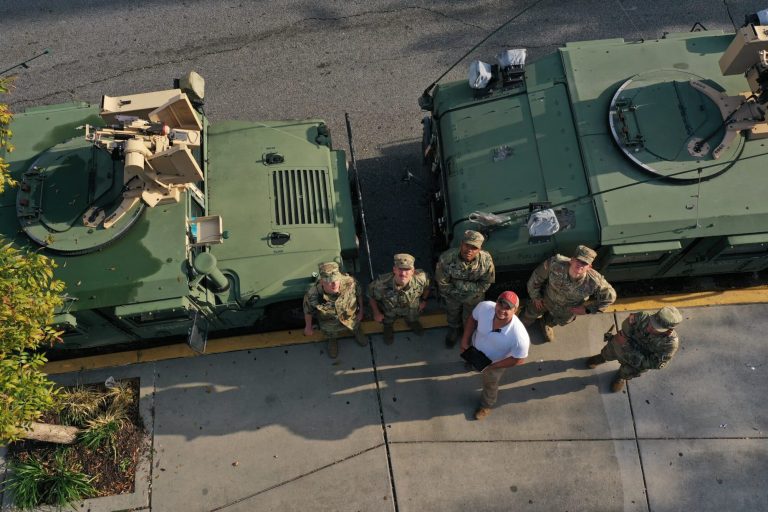
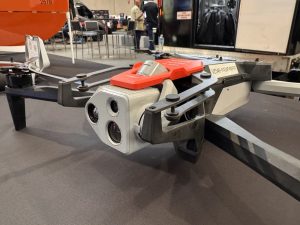

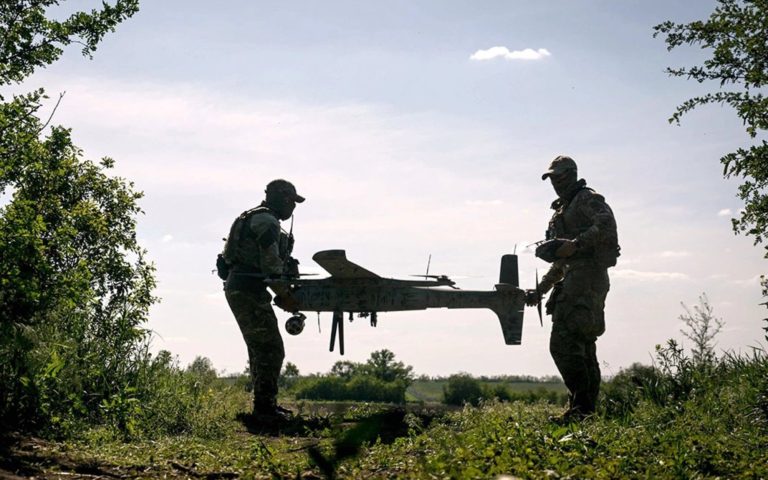
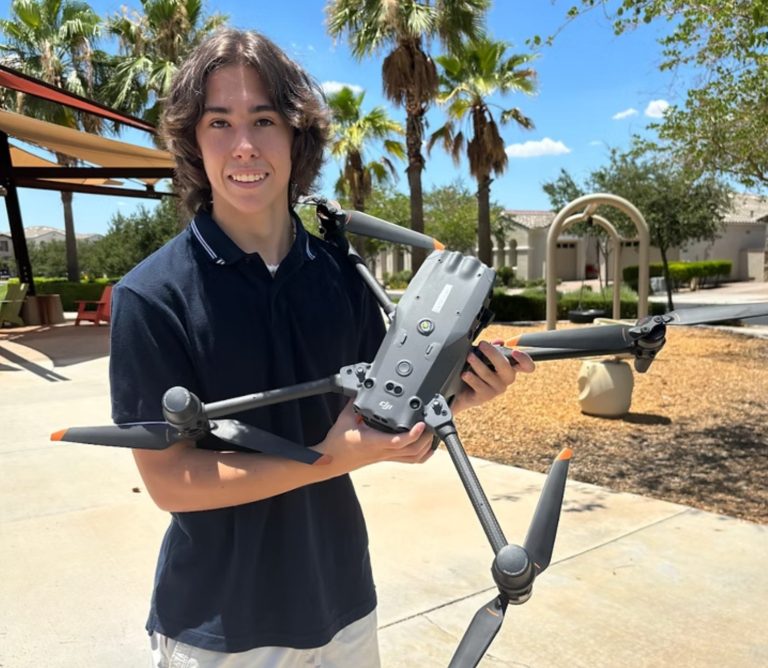
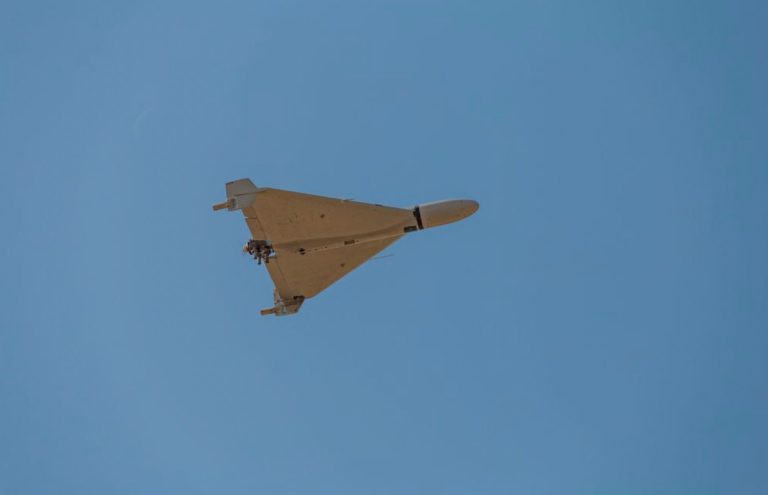

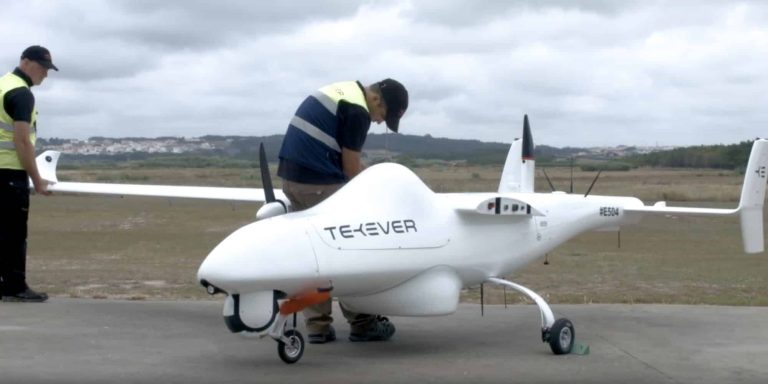
+ There are no comments
Add yours